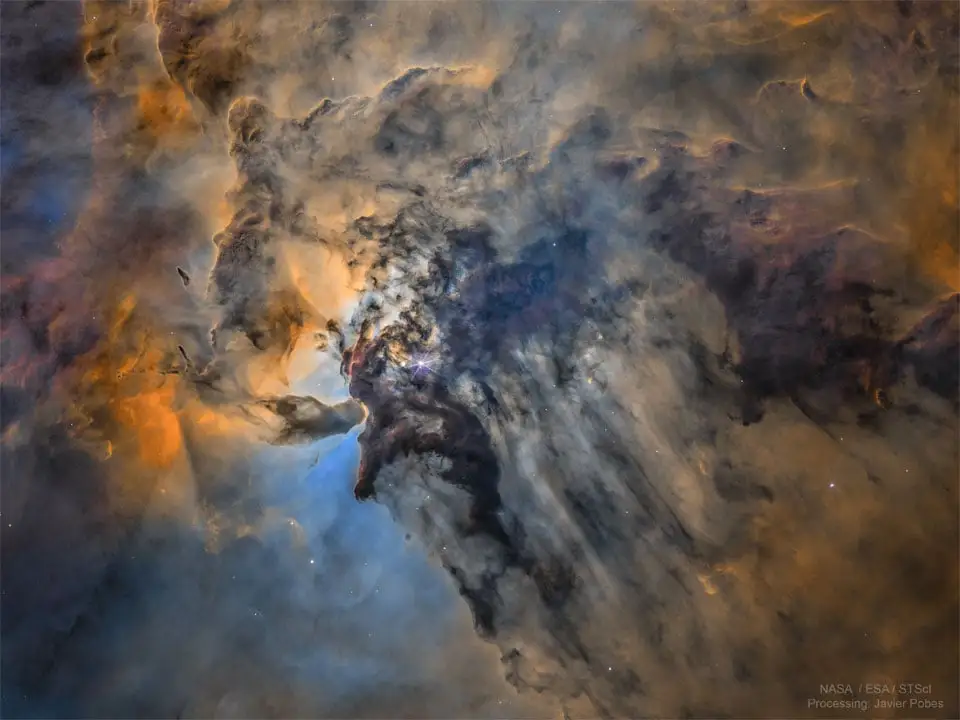I assumed gravity would be more than 14% of the gravity on Earth but just found out the size of Neptune is a lot smaller than I had imagined. It's only 4 times the diameter of Earth, while Jupiter is 1,300 times the diameter of Earth. I didn't realize the size difference between the two were so far off.
Space
Share & discuss informative content on: Astrophysics, Cosmology, Space Exploration, Planetary Science and Astrobiology.
Rules
- Be respectful and inclusive.
- No harassment, hate speech, or trolling.
- Engage in constructive discussions.
- Share relevant content.
- Follow guidelines and moderators' instructions.
- Use appropriate language and tone.
- Report violations.
- Foster a continuous learning environment.
Picture of the Day
 The Busy Center of the Lagoon Nebula
The Busy Center of the Lagoon Nebula
Related Communities
🔭 Science
- !astronomy@mander.xyz
- !curiosityrover@lemmy.world
- !earthscience@mander.xyz
- !esa@feddit.nl
- !nasa@lemmy.world
- !perseverancerover@lemmy.world
- !physics@mander.xyz
- !space@beehaw.org
- !space@lemmy.world
🚀 Engineering
🌌 Art and Photography
Other Cool Links
To be fair jupiter is 99% of the mass in the solar system (that isnt the sun).
The sun is 99.8% of the mass of the entire system
Of the rest of the .15-.2% of the mass left, Jupiter is like 2.5x bigger than the rest of the stuff combined.
Jupiter is really big. So if the sun.
Isn't Neptune a gas giant and thus has no surface?
The reality is we dont really know. The "surface" in this article is where the pressure is largely 1 atm. And at that pressure its mostly liquid (albeit hot)
That's a good question that hopefully someone more learned will be able to respond to but you know most of the Earth's surface is water so I suppose Neptune has a surface. I don't know what the technical definition is but I'm assuming it's where particulate / molecules in the atmosphere change states due to temperature and pressure. A bit like how we have H2O in the form of gas as water vapor in the atmosphere and at the surface a liquid as water. The closer you are to the center of the planet the higher the pressure and the temperature.
If the pressure is high enough, you can get a smooth transition between gas and liquid without any sort of boundary that you could identify as a surface. That's thought to be what happens on Jupiter, don't know about Neptune